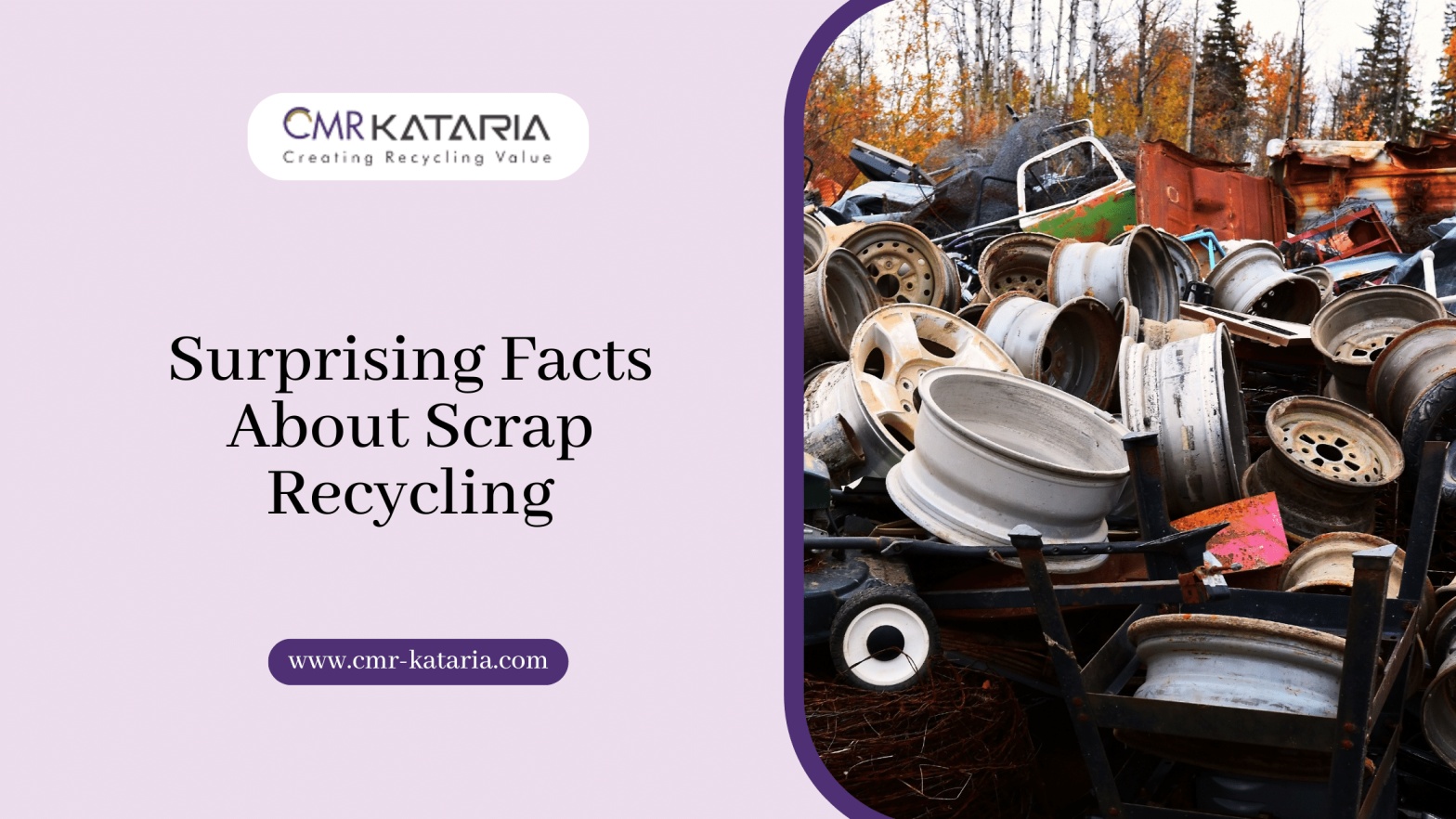When it comes to environmental sustainability and resource conservation, we have alwasy spoken about the importance of recycling. While most of us are familiar with the concept of recycling household items, there is now a popularity in the concept of scrap vehicles for sale. Scrap recycling involves repurposing and reusing various materials, such as metal, electronics, and automotive parts. Recently, there has been a significant rise in the car scrap yard in ahmedabad and you will be amazed to know the various surprising facts about scrap recycling that highlight its importance in preserving a more sustainable future.
It’s a good idea to start with the fundamentals whether or not you intend to start scrap recycling or simply want to learn more about how this process works. Many people who aren’t specifically employed in the scrap metal recycling sector don’t have a great deal of knowledge about how recycling scrap metal benefits the environment. Because it uses less energy than producing new materials, recycling is generally better for the environment. Because it requires far less energy to recycle metals than it does to mine, process, and transport them, recycling scrap is even more advantageous. It is advantageous if less metal needs to be produced and treated.
Here are some of the most interesting facts
A Recycling Powerhouse
Did you know that the scrap recycling industry is a powerhouse in terms of its economic and environmental impact? According to the Institute of Scrap Recycling Industries (ISRI), the United States alone processed over 130 million metric tons of scrap materials in 2020! Scrap recycling isn’t just an environmental endeavor; it’s an essential driver of economic growth and job creation.
Metals with Infinite Lives
Metals have an extraordinary ability to be recycled indefinitely without losing their properties or quality. Whether it’s steel, aluminum, copper, or other non-ferrous metals, they can be melted down and reformed into new products repeatedly. In fact, steel recycling saves approximately 74% of the energy required to produce new steel, while aluminum recycling saves a remarkable 95%. The longevity of metals in the recycling loop is a testament to their durability and the value of scrap recycling in reducing the need for resource extraction.
E-Waste Treasure Trove
Electronic waste, or e-waste, is a rapidly growing concern worldwide. However, e-waste is also a treasure trove of valuable materials waiting to be recycled. Within discarded electronic devices like smartphones, computers, and televisions, there are precious metals such as gold, silver, and palladium. Recycling e-waste not only helps to recover these valuable resources but also prevents harmful substances like lead, mercury, and cadmium from polluting the environment.
Automotive Recycling Revolution
The automotive industry is embracing the concept of recycling on a grand scale. Modern vehicles are designed with recyclability in mind, with approximately 85% of an average car’s material being recyclable. End-of-life vehicles undergo a systematic dismantling process, where various components and materials are recovered for recycling. The recycling of automotive scrap not only reduces landfill waste but also conserves energy and reduces greenhouse gas emissions. In fact, recycling a single car saves enough energy to power an average household for nearly four months!
Global Impact and Environmental Benefits
Scrap recycling is a global effort with far-reaching environmental benefits. By recycling materials instead of extracting new resources, significant energy savings are achieved, which in turn reduces greenhouse gas emissions. Did you know, recycling scrap metal saves up to 97% of mining waste and reduces water consumption by 40%?
By embracing scrap recycling and supporting initiatives that promote its growth, we can all contribute to a greener, cleaner, and more sustainable future for generations to come.







